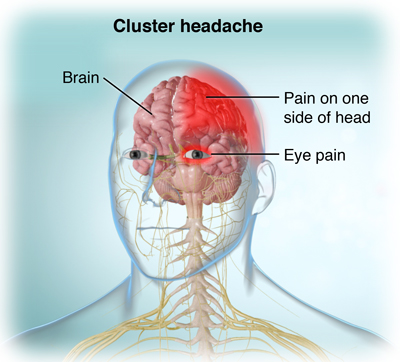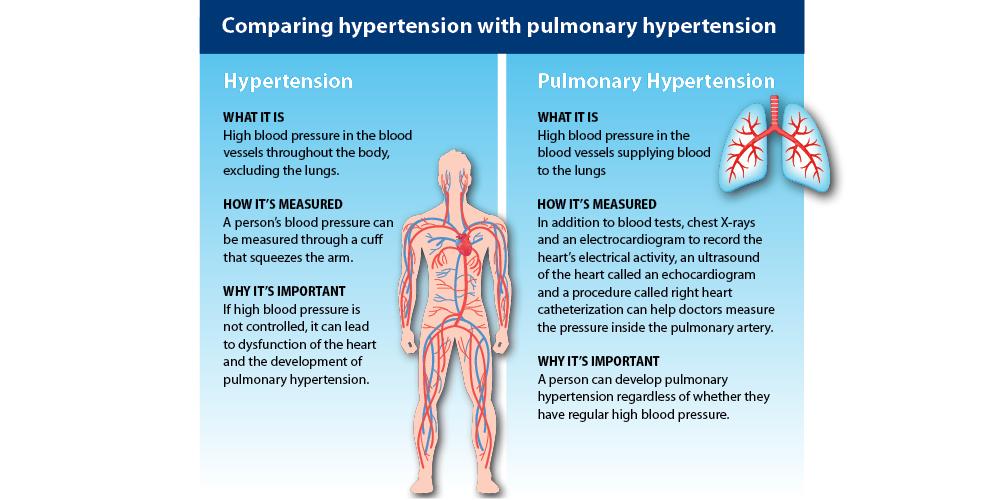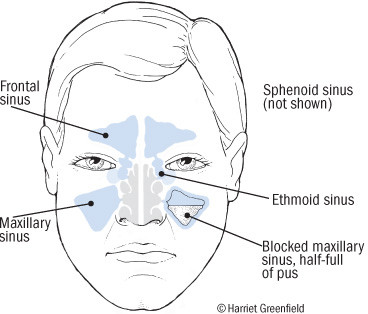Neck pain can be a common ailment, but when it becomes persistent and severe, it could indicate a more serious condition. One potential cause is a cervical artery dissection, where the neck pain is unusual, persistent, and often accompanied by a severe headache. This type of pain from a carotid artery tear often spreads along the side of the neck and up toward the outer corner of the eye, while a vertebral artery tear may feel like something sharp is stuck in the base of your skull.

Migraines, often associated with headaches, can also cause neck pain. These migraines disturb the brain’s processing of sensory information, causing sensitivity to light, touch, sounds, or smells. Approximately 30% of people with migraines experience dizzy spells, a condition known as vestibular migraine.
The source of neck pain can vary. Most acute pain relates to tissue injury, termed nociceptive pain. In contrast, chronic pain, referred to as neuropathic pain, might originate from a damaged or irritated nerve, but eventually, the pain signals begin to emanate from the brain.
Other symptoms accompanying neck pain can include headaches, difficulty lifting objects, trouble swallowing, and dizziness or balance problems. Severe nerve compression could result in a loss of bladder or bowel control and coordination problems. Moreover, if neck pain is accompanied by fever, nausea, and headache, urgent care might be necessary, as these are symptoms of a meningitis infection.
Vestibular Migraine is a specific type of migraine, characterized by hypersensitivity to various sensory inputs such as light, sound, motion, smell, and pain. Interestingly, about 50% of the time, vestibular migraines occur without any associated pain.
Vertigo, often confused with dizziness, is described as a feeling of spinning, tilting, or being off balance, and can be triggered by head position changes or occur spontaneously. This condition arises due to conflicting messages sent to the brain by the vestibular system, which controls our sense of balance and position.
Vestibular Migraine, also known as MAV (migraine associated vertigo), is a common but underrecognized cause of dizziness. Migraine is a complex neurological disorder, and while headache is its most common manifestation, dizziness is another frequent symptom, which does not always accompany headaches.
Cervicogenic dizziness, characterized by imbalance, unsteadiness, disorientation, neck pain, limited cervical range of motion, and possibly headaches, is another condition to consider. Symptoms may be aggravated by head and neck movements and can last from several minutes to several hours.
For more detailed information, please refer to the following sources: Harvard Health, Harvard Health, Harvard Health, McGovern Medical School, Stanford, UCI ENT, and UCSF OHNS.


